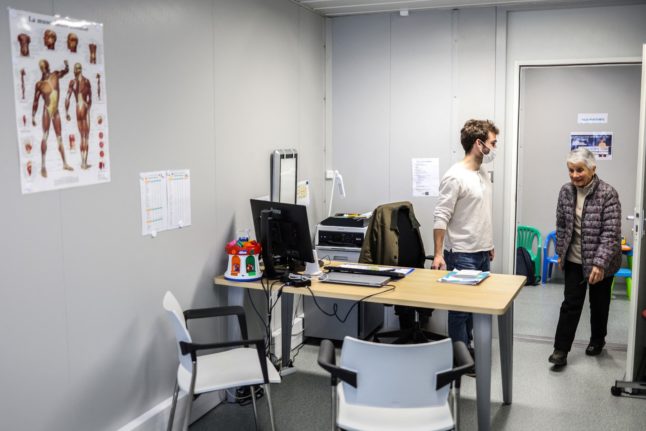On February 15th 2021 a decree was published in the French Journal Officiel allowing French workers to eat meals at their workstations.
It was a relaxation of Article R4228-19 of the French Code du Travail (labour law) which explicitly forbids “letting workers take their meal inside the work premises”.
However the relaxation was only temporary and was Covid-related. In February 2021 many people were going back to work after long periods of remote working or furlough, and the government was concerned about people gathering in large numbers in workplace canteens.
The loosening of this rule was only for businesses of more than 50 employees and was aimed at helping businesses enforce the Covid protocols.
With the ending of the state of health emergency in 2022, this and other temporary changes to labour laws were cancelled, meaning that it remains technically illegal to eat lunch at your desk.
In reality, brief lunches and the odd sandwich have become more common in France over the years – especially among younger people in the cities – and when the temporary relaxation was announced some French workers expressed astonishment that the law banning office meals actually existed.
Nevertheless it remains common for workers to take at least an hour’s break, sometimes two, at lunchtime and in smaller towns it is normal for shops and offices to close completely between 12 noon and 2pm so that workers can take their time and have a proper lunch.
Businesses that employ more than 50 people are legally obliged to provide either a workplace canteen or tickets resto (restaurant vouchers) that offer meals at subsidised prices to their workers.
Data from the OECD indicates that French people spend the most time eating and drinking per day of all developed countries – and twice as long as Americans.
Long lunches and leisurely dinners: Why the French spend twice as long eating as Americans



 Please whitelist us to continue reading.
Please whitelist us to continue reading.
Why was there such a law in the first place?
That’s a very good question Dave. Perhaps, like everything else in France, it was the bloody unions throwing their weight about again.
Do you have to fill out a form before eating?